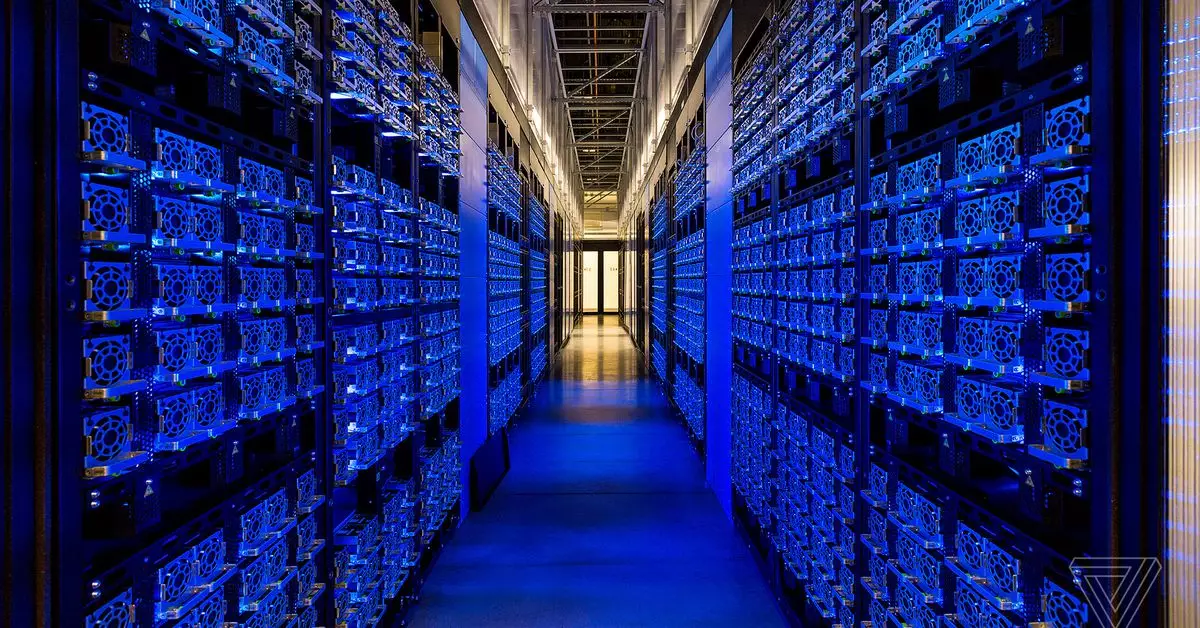AI has been a hot topic of discussion lately, with the rapid advancement of technology raising concerns about its impact on the environment. The exponential growth of AI tools has led to the construction of numerous data centers filled with power-hungry GPUs, resulting in a significant increase in energy consumption. This has prompted questions about the sustainability of running AI at scale and its implications for the climate.
With big tech companies like Amazon, Google, and Microsoft setting ambitious goals for sustainable energy usage, there is a growing focus on mitigating the environmental impact of AI. However, despite these efforts, these companies are surpassing their emissions targets due to the energy-intensive nature of AI operations. This has raised concerns about the ethical implications of continuing to expand AI technologies in a way that exacerbates climate change.
Unintended Consequences
The proliferation of AI has revealed a complex web of contradictions and ethical dilemmas. While criticisms of AI’s environmental impact are valid, they also apply to other power-intensive technologies like video streaming platforms, video games, and cryptocurrency. The reality is that the demand for computing power, whether for AI or other applications, has contributed to a surge in energy consumption that is unsustainable in the long run.
When assessing the climate impact of AI technologies, it is essential to consider the broader context of technological advancements. The comparison between AI GPUs and gaming GPUs highlights the parallel between different sectors that rely on high-power consumption. This raises the question of how to ethically evaluate the environmental consequences of these technologies and determine the best course of action moving forward.
Seeking Clarity and Solutions
To navigate through the complexities of AI’s impact on the climate, collaboration and dialogue are crucial. Engaging with experts and stakeholders, such as science reporters and environmental advocates, can help untangle the knots surrounding this issue. By fostering a deeper understanding of the trade-offs and implications of AI technology, we can work towards finding sustainable solutions that balance innovation with environmental responsibility.
The intersection of AI and climate change poses significant challenges that require a nuanced and thoughtful approach. By acknowledging the environmental impact of AI technologies and actively seeking solutions to mitigate these effects, we can strive towards a more sustainable future for both technology and the planet. Let’s continue the conversation and work together to address the complex issues at hand.


Leave a Reply